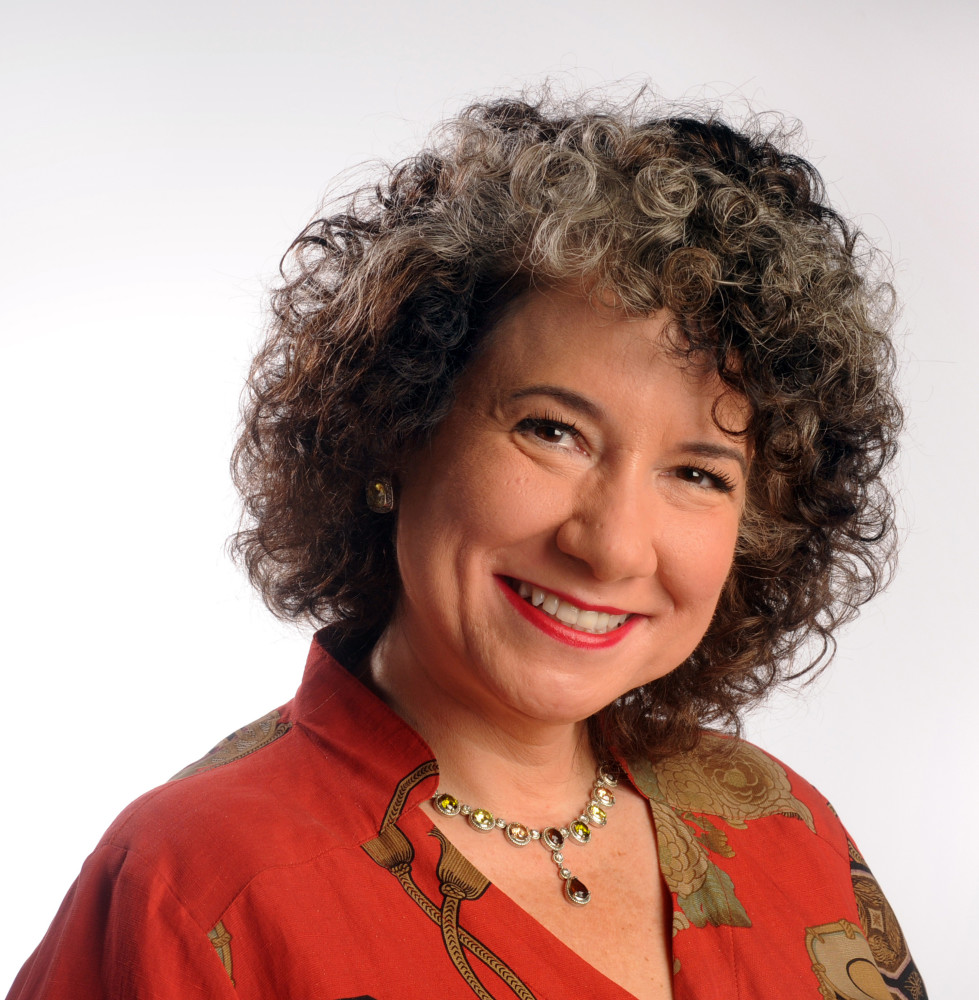By Gina Barreca
The Hartford Courant.
I’ve been bullied into writing about the “Ban Bossy” movement.
Students, former students, friends who have young daughters, and now a woman in Kentucky, someone I’ve never met who lives in one of the two states I’ve never even visited (the other is Alaska), all insist that I must have something to add to this discussion.
My unmet pal in the Bluegrass State chided me for sidestepping and do-si-do-ing around Sheryl Sandberg’s initiative, uncannily coinciding with the launch of Sandberg’s latest book, to ban the word “bossy” so that girls can be free of the stigma attached to being regarded as assertive and in control.
With support from Michelle Obama, Melinda Gates, Beyonce and the Girl Scouts, a group I adore especially since they awarded me their Storytelling badge and thereby turned a lifetime of fibbing into a legacy of nonfiction narrative, Ban Bossy has become a big deal.
Media attention focusing on how “bossy” is used as a bludgeon against energetic, ambitious and articulate girls has been going on for several months.
Frankly, I thought I could duck it. No, I suppose that’s not exactly evidence of a leadership perspective, but it was nevertheless my goal in this particular instance.
Why? Why can’t I embrace Ban Bossy?
Here are my three reasons:
1) I don’t like the idea of banning words. Not only doesn’t it work, it backfires. (Do I need to provide examples? Just choose random letters, C, M and N, and you’ll hear your own versions of banned words; if you don’t, do not write to me to ask what they are.) It raises the specter of censorship not only in its most ineffective form but also in its most pernicious one; we can encourage people to avoid poisonous and insulting terms, but who has the authority to ban a word? What we can do, of course, is to make people who use certain words feel as if they are outcasts and perhaps demonically possessed. Let’s try that.
2) I don’t think “bossy,” which after all includes the word boss, is really such a bad thing. I know, I know (I understand, I understand) that children are susceptible to the slings and arrows of confining and discomforting labels. If you’re called stupid and ugly, you are likely to grow up thinking of yourself as stupid and ugly. This is especially true for children who are real outliers of one sort or another: kids with disabilities, emotional and social as well as physical; kids who are poor and from families that are more worried about getting a roof over their heads than the possible effects of the glass ceiling even though their daughters might help raise them up from desperation; kids lost to inner worlds unreachable by anyone except the most patient caregiver.
“Bossy” is not one of the world’s sharpest arrows; it’s more like a rubbery slingshot. But that’s where a lesson in resilience is useful; girls need is to speak up, make trouble, act for themselves and evidence such mastery (not mistressery, but mastery) of rhetoric, debate and humor that an antagonist can use any damn word as ammunition without ever getting close nicking the shield of intelligence, strength and ingenuity the girls hold fast.
3) Maybe I could, if I embrace the concept if its catchphrase appeared aware of its own irony: “Ban Bossy” is a very bossy thing to say. Thirty years of teaching young women, working with men and women, and writing the lives lived by girls and women has taught me this: Whenever a girl or woman opens her mouth and utters something other than a baby-voiced, cooing noise, someone will malign her. Hey, there are folks with nothing else to do.
buy cipro generic buy cipro online no prescription
But such responses should be an inspiration to, and a lesson in, how to be more powerful, not an argument against it.
How about this instead? Let’s be able to say of our daughters what Shakespeare says of one of his characters: “And though she be but little, she is fierce.” That’s the kind of movement I’ll join: one where I can stamp my feet and make some noise.
___
ABOUT THE WRITER
Gina Barreca is an English professor at the University of Connecticut, a feminist scholar who has written eight books, and a columnist for the Hartford Courant.














































































































































































































































































































































































